Entrepreneurship gives physics professor a whole other set of problems to solve 10 times faster
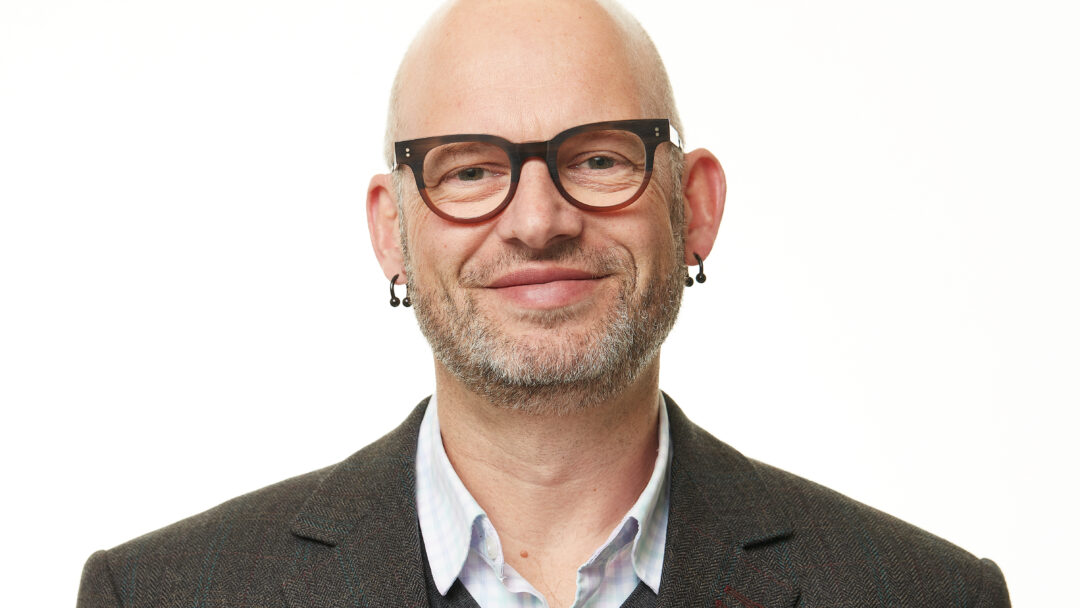
Kari Dalnoki-Veress doesn’t shy away from talking about mistakes.
The Physics and Astronomy professor talks about mistakes constantly during meetings with his research group. He even created an award for group members who fessed up after messing up – Kari routinely bestowed the honour on himself.
So when he’s asked about his adventures in entrepreneurship, Kari doesn’t shy away from recounting a mistake that could’ve killed MesoMat – a company he co-founded in 2017 with standout grad student Paul Fowler.
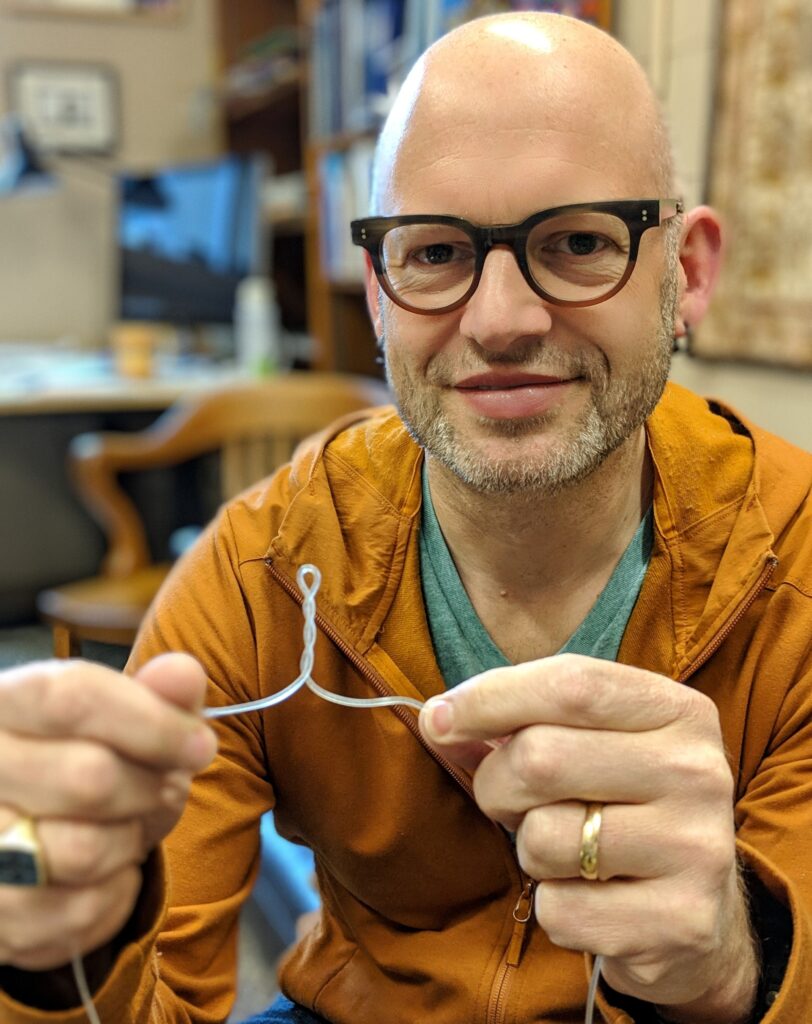 MesoMat started with an unexpected discovery in Kari’s lab. The team had stumbled across a way to make micro-sized inductive coils. That led to the creation of a stretchable, conductive plastic-based wire as thin as a hair – or, as Kari describes it, electric yarn.
MesoMat started with an unexpected discovery in Kari’s lab. The team had stumbled across a way to make micro-sized inductive coils. That led to the creation of a stretchable, conductive plastic-based wire as thin as a hair – or, as Kari describes it, electric yarn.
Kari had never given serious thought to spinning his research into a start-up and becoming an entrepreneur. But he’d seen it done by his PhD supervisor John Dutcher at the University of Guelph.
Kari immediately knew this lab-grown electric yarn had commercial applications – more than enough to build a business around. Launching a start-up while teaching a full course load and running a research group seemed overwhelming. But Kari didn’t want to get to the end of his career and look back with regret on what he could’ve done but didn’t do.
MesoMat initially focused on wearable tech – they’d created a product that was superior to the copper wire being woven into clothing. This would prove to be near-fatal mistake that could’ve turned MesoMat into just another statistic – according to the U.S. Bureau of Labor Studies, 90 per cent of start-ups fail, with 45 per cent of those companies not making it to their fifth year.
MesoMat had come up with a solution to a problem that had already been solved. Kari points to the smartwatch on his wrist and the smartphone in his pocket. “People already have all the wearables they want.”
Getting investors to buy into the idea had been relatively easy – finding a market to buy MesoMat’s product suddenly seemed impossible. The thought of MesoMat going bankrupt and putting good people out of work kept Kari up at night.
Kari’s loathe to offer advice to faculty and students with entrepreneurial aspirations.“I’m just a sample size of one.” He got loads of advice during the early days of MesoMat – all of it was good intentioned but most of it was contradictory. “Go ahead and listen to the advice of others but don’t take it too seriously. You ultimately need to find your own path.”
But here’s the one piece of advice Kari insists on giving – understand the market, figure out where your product fits into that market and then get your product to market as fast as possible. It’s advice that lots of entrepreneurs ignore. According to CBInsights, an AI super analyst for market intelligence, misreading market demand is the number one reason why start-ups fail.
Kari and Paul wasted no time in fixing their mistake, pivoting MesoMat to a new market where there’s a perfect fit with the company’s product. Wearable tech is out. Tires are in – more specifically, the tires on transport trucks that deliver the world to our doors. It’s a massive market, with an estimated 13.5 million trucks on the road in the United States and another 700,000 in Canada.
It’s also a market still in need of solutions. Competition is intense and profit margins are razor thin. Everything from safety, on-time delivery, fuel consumption, vehicle performance and operating costs rests on a transport trailer’s 18 tires.
MesoMat’s tire-mounted sensors continuously collect and send real-time data to cloud dashboards. That data leads to increased efficiencies – with so many trucks on the road, small gains like avoiding a blown tire, extending the life of a tire by weeks or getting a few extra kilometres out of a litre of gas – quickly add up to major savings, along with improved health and safety and less environmental impacts.
MesoMat’s tire sensors have already covered over five million kilometers on roads throughout North America. Getting the most of each and every tire is not a problem Kari ever thought he’d be solving but now it’s all-consuming. “When I look at traffic, all I see are tires.”
Running a growing company while leading a research group and teaching a full courseload is as exhausting as it sounds. Kari admits to feeling like he’s permanently off-kilter and always having to play catch-up.
So why does he do it?
It’s invigorating, exciting and ridiculously fun, says Kari. He’s getting the best of two worlds – his research group’s focused on fundamental physics while it’s all applied physics over at MesoMat. Maintaining a clear divide between his lab and company was a deliberate decision that Kari made right from the start. Having a high-performing and self-directed team of incredibly talented students in his lab makes it all possible.
Physicists love solving problems and Kari says he spends his days solving different problems at different speeds with different groups of really smart people. With the applied research at MesoMat, it’s all about finding out, and then sticking with, what works. “You don’t have time to wonder why something didn’t work – you focus entirely on the ‘yes’, ignore the ‘no’ and take the most direct path to a solution. Compared to academic research, you’re moving at least 10 times faster.”
With academic research, figuring out why something didn’t work is as important as knowing why something else did work. Kari uses the analogy of a tree – with physics applied to industry, you’re looking to climb the fewest possible branches to reach the top of the tree as fast as possible. With academic research, you’re exploring every branch on the tree. You may never scale to the highest branch. Both climbs fascinate Kari.
With MesoMat, Kari’s also doing his part to bridge the divide between industry and physicists. “When a company calls in an engineer or a chemist to help solve a problem, they know exactly what they’re getting. But what do they get when they reach out to a physicist? What problems can we solve?” Kari says MesoMat helps answer that question.
There’s one final motivator for logging the long days, nights and weekends – Kari’s proud to call Hamilton home. And he wants his adopted city to be home for more McMaster graduates. “The talent pipeline flowing into Mac is magnificent.” Kari knows this first-hand from working alongside outstanding students in his lab and teaching them in his courses.
Kari says Hamilton has a lot going for it – a world-class research university, nature all around and close proximity to an international airport. Kari bikes, runs and walks to the university and to MesoMat’s home at the McMaster Innovation Park. His quality of life doesn’t go unnoticed by the students in his lab.
What Hamilton needs are more MesoMats – cutting-edge start-ups and fast growing companies on a mission to change the world. Without them, the talent flowing into McMaster will keep flowing out to cities like Toronto and Waterloo, Palo Alto and Cambridge, Massachusetts. Every MesoMat employee is a McMaster graduate and every co-op student is a McMaster student. Growing his company will mean more jobs and co-ops for students and alumni.
Kari’s asked for one last parting piece of advice, this time for McMaster. What’s the one thing the university could do to support entrepreneurial faculty looking to launch made-in-Hamilton companies that put students and alumni to work?
“Give us more time,” says Kari. Having one fewer course to teach – along with an open and transparent process for making and approving that request – is a gamechanger.
For now, Kari’s finding a way to make it all work. “I love my job – I can’t imagine a world where I’m not doing research, teaching, supervising students and helping to run a company.”
Faculty, Research excellenceRelated News
News Listing
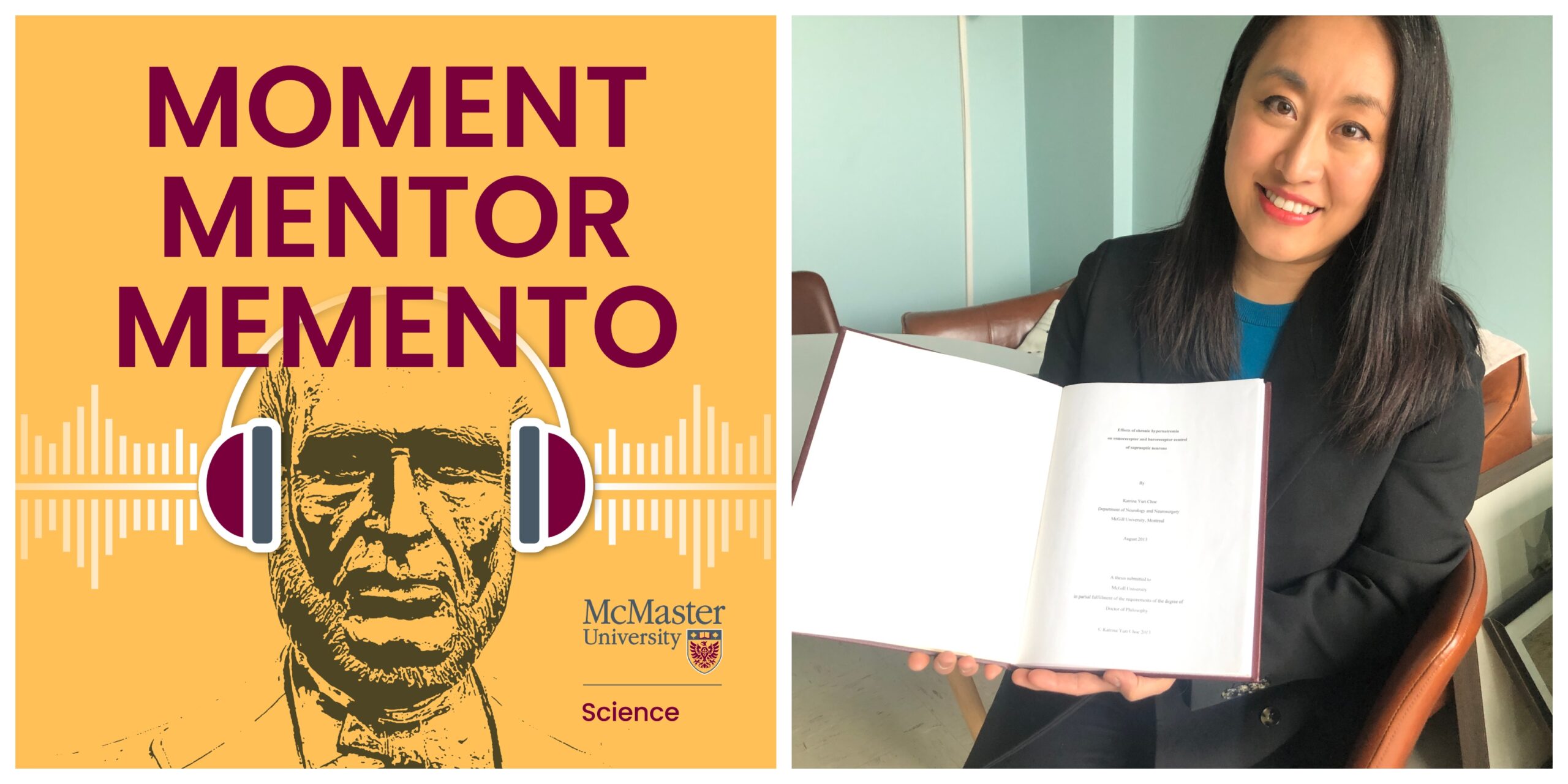
Moment Mentor Memento podcast ep. 11 with Katrina Choe
Podcast, Research excellence, Uncategorized
16 hours ago
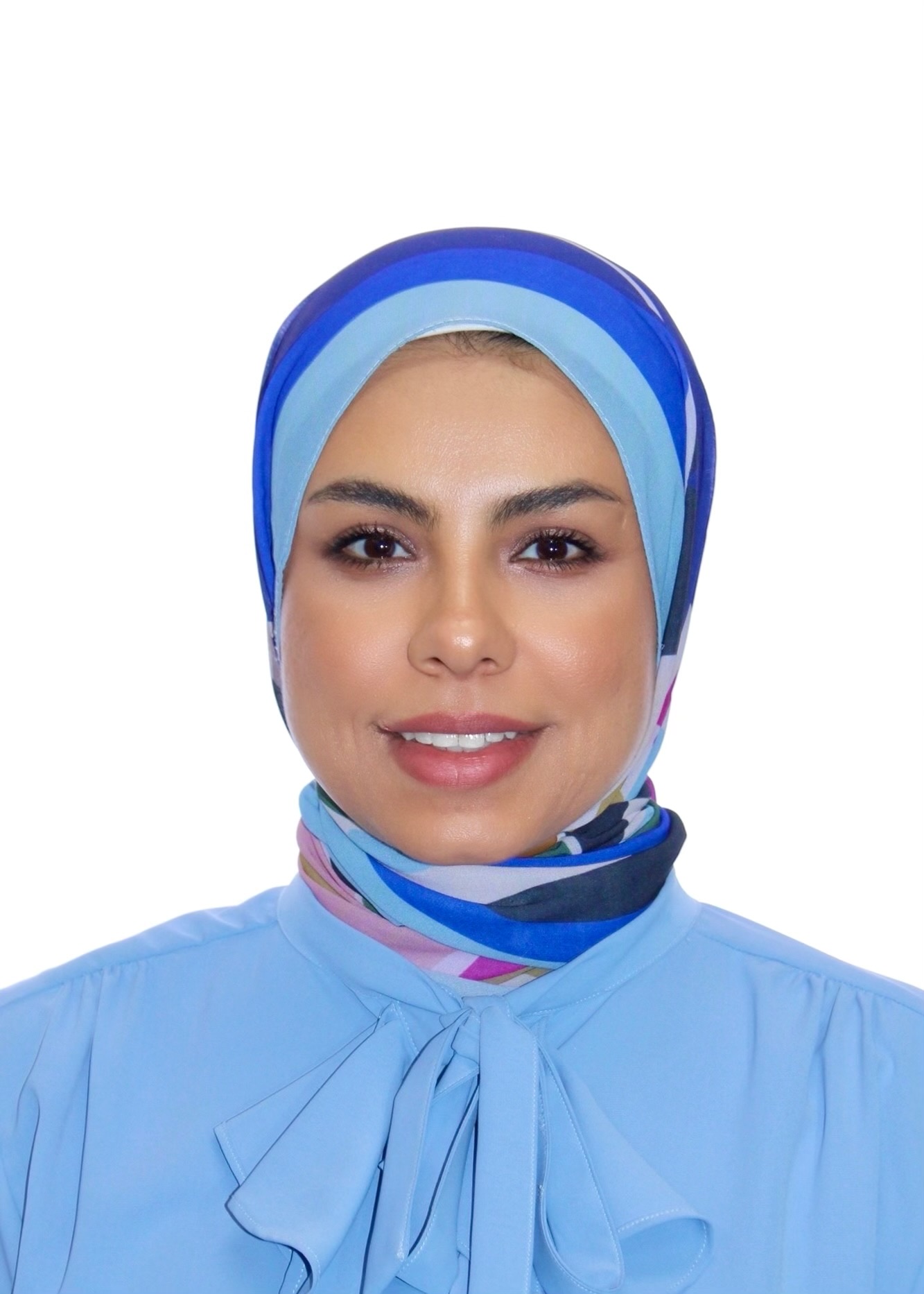
PhD graduate an emerging leader and role model in responsible artificial intelligence diagnostics
Grads to watch, PhD student, Research excellence
6 days ago
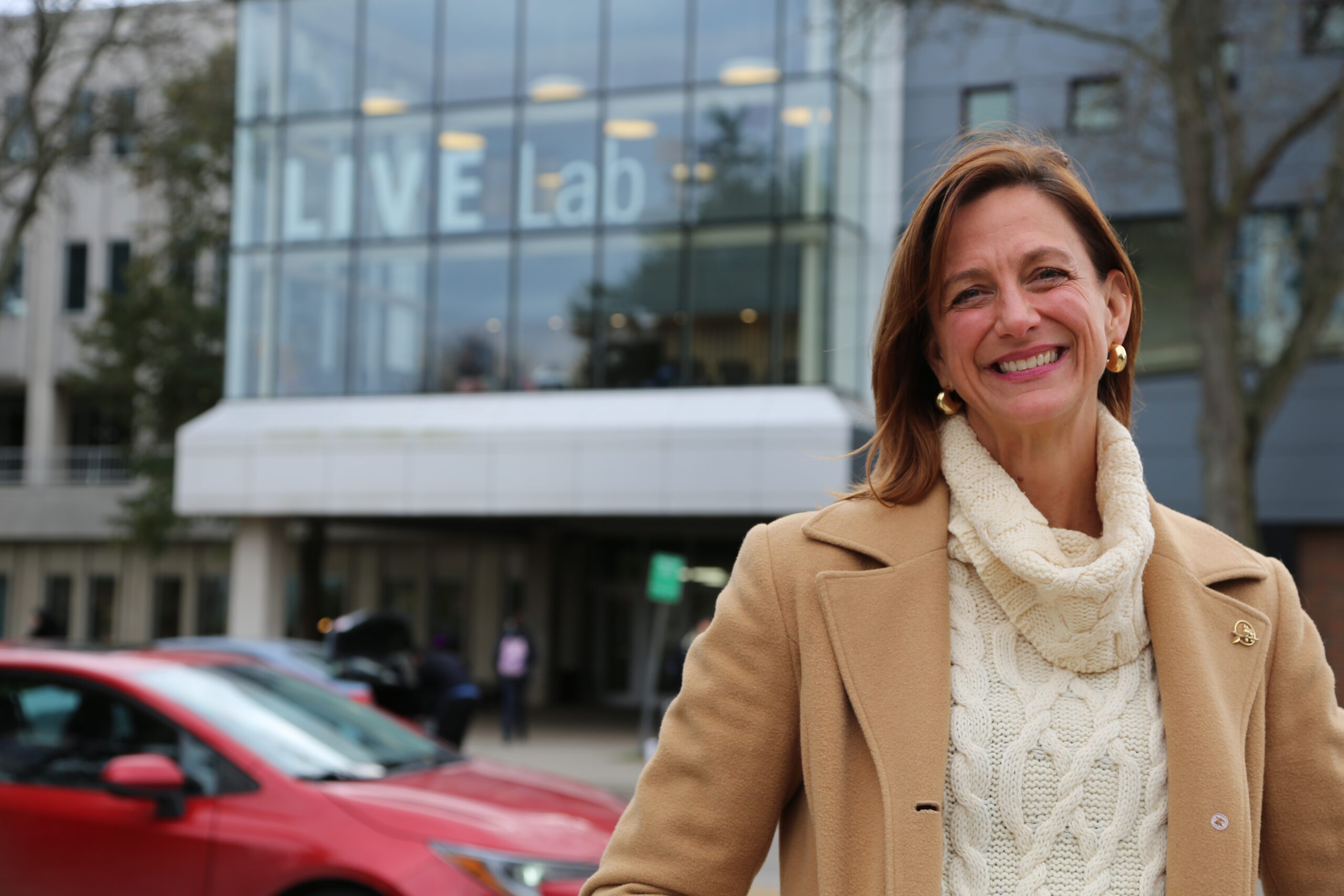
PhD graduate makes the case for offering music therapy to stressed students- “put the broccoli in the brownie”
Grads to watch, PhD student, Research excellence
7 days ago
